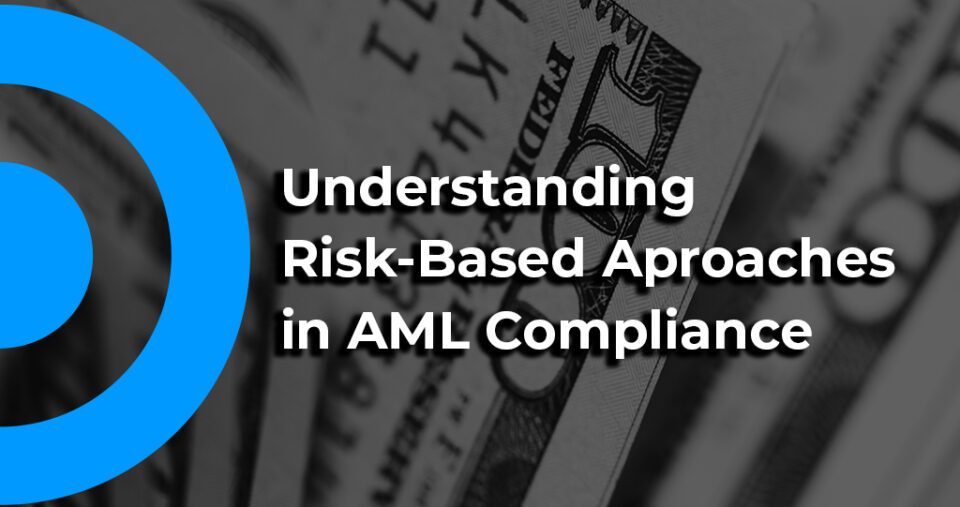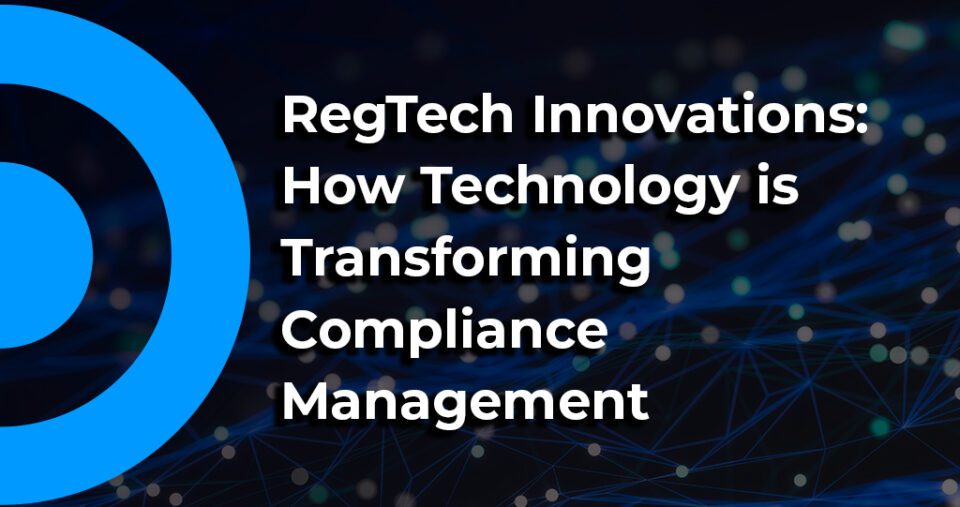
Understanding the UAE’s Latest Payment Rules: What PSPs Need to Know
April 7, 2025
How Canadian Businesses Can Apply a Risk-Based Approach to AML Compliance
April 14, 2025The UAE has rapidly positioned itself as a leading fintech hub, attracting startups and global financial players. However, to operate legally, fintech companies must navigate a complex regulatory environment. Securing a Payment Service Provider (PSP) license is a crucial step, as the UAE’s regulatory bodies enforce strict compliance measures to ensure financial stability and security.
This article outlines the key regulatory requirements for fintech startups in the UAE, providing a step-by-step guide to obtaining a PSP license while maintaining compliance with evolving regulations.
Understanding UAE Fintech Regulations
The UAE’s fintech ecosystem is regulated by several key authorities, including:
- Central Bank of the UAE (CBUAE) – Oversees licensing and compliance for PSPs, payment institutions, and digital banks. (CBUAE).
- Financial Services Regulatory Authority (FSRA) – Regulates fintech activities within the Abu Dhabi Global Market (ADGM). (FSRA).
- Dubai Financial Services Authority (DFSA) – Supervises fintech operations in the Dubai International Financial Centre (DIFC). (DFSA).
Each regulatory body has distinct licensing and compliance requirements tailored to the nature of fintech operations.
For more insights on fintech regulatory frameworks, explore our UAE Compliance Services.
Who Needs a PSP License in the UAE?
Fintech businesses engaged in the following activities require a PSP license:
- Payment processing and settlements (e.g., online payment gateways, POS systems).
- Money transfer and remittance services (including digital wallets).
- Issuing prepaid cards and e-wallets.
- Merchant acquiring services.
Understanding whether your business falls under PSP licensing requirements is crucial for regulatory compliance. If you’re unsure, refer to our Compliance Glossary for key definitions.
Step-by-Step Guide to Obtaining a PSP License in the UAE
1. Determine the Right Regulatory Authority
Your licensing requirements will depend on your business model and the jurisdiction you operate in (Mainland UAE, ADGM, or DIFC).
2. Meet Capital & Compliance Requirements
The UAE mandates minimum capital requirements for PSPs, which vary by regulatory authority. Additionally, fintech startups must establish:
- Robust Anti-Money Laundering (AML) policies.
- Risk management frameworks to prevent financial crime.
- Secure IT and data protection measures.
3. Submit Your Application & Business Plan
A comprehensive application must include:
- A detailed business model outlining your payment services.
- Financial projections and proof of capital adequacy.
- Compliance and AML policies.
- IT security frameworks for safeguarding customer data.
Approval timelines may vary based on the complexity of your operations.
4. Obtain Approval & Maintain Ongoing Compliance
Once licensed, fintech startups must adhere to ongoing compliance obligations, including:
- Regular audits and financial reporting.
- AML transaction monitoring.
- Consumer protection and transparency measures.
For expert guidance on licensing and compliance, visit our Advisory Services.
Compliance Challenges & How to Overcome Them
1. Navigating Evolving Regulations
Regulatory updates frequently impact licensing conditions. Fintech startups should engage compliance specialists to stay ahead of changes. (CBUAE Regulatory Updates).
2. Managing Cross-Border Compliance
If your business operates across multiple jurisdictions, understanding and aligning with international compliance standards is crucial.
3. Strengthening AML & Cybersecurity Measures
Given the UAE’s strict AML and counter-terrorist financing (CTF) laws, fintech firms must invest in secure digital infrastructure to prevent financial crimes.
Final Thoughts
Securing a PSP license in the UAE is a crucial step for fintech startups looking to thrive in the region’s dynamic payments landscape. By understanding regulatory expectations, implementing strong compliance frameworks, and leveraging expert advisory services, startups can navigate the licensing process efficiently and mitigate compliance risks.
Need assistance with UAE fintech licensing? Our compliance experts at PayCompliance can help you navigate regulatory requirements. Contact us today to ensure a smooth licensing process.



